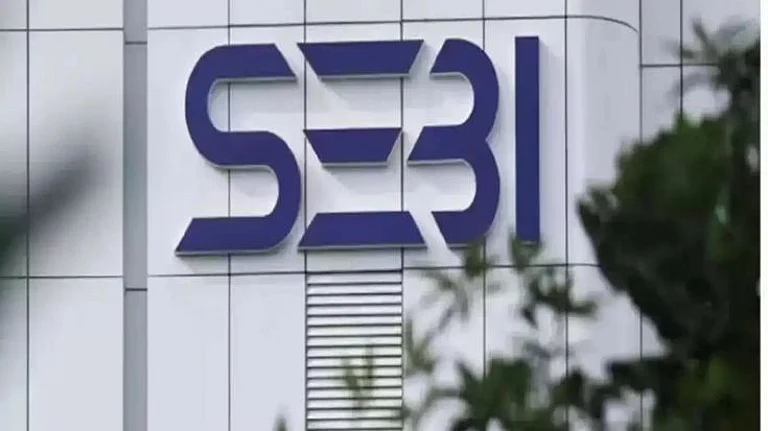The hearing on the Adani-Hindenburg matter has been rescheduled by the Supreme Court, which involves a status report provided by the market regulator, Securities and Exchange Board of India (SEBI). The report is based on accusations made by short-seller Hindenburg Research against the Adani Group in January.
In the report, SEBI has said that it is challenging to determine the financial stakes of shareholders among the 12 Foreign Portfolio Investors (FPIs) because a significant number of these entities are located in offshore tax havens. It informed to the apex court that it is currently awaiting data from five offshore tax havens to identify the true beneficiaries behind foreign investors engaged with the conglomerate
According to a report from The Indian Express, the Enforcement Directorate (ED) discovered that short selling of Adani stocks resulted in profits for 12 firms. The short-sellers include two Indian companies, one registered in New Delhi and another in Mumbai.
Furthermore, the promoters of the company based in Delhi have a SEBI order against them for allegations of deceiving investors and engaging in stock market manipulation, as stated in the report.
In response to governance apprehensions raised by Hindenburg Research, headquartered in the US, the SEBI initiated an investigation into the Gautam Adani-led group. These concerns led to a reduction of over $100 billion in the collective market worth of the conglomerate's enterprises.
As per a recent report by Reuters, back in January, the conglomerate engaged in port and energy operations refuted any misconduct. Sources, preferring to remain anonymous due to a lack of authorisation to engage with the media, described the infringements as primarily "technical" in nature.
These infractions are anticipated to lead to nothing more than a financial penalty once the investigations conclude. However, SEBI does not intend to release the report to the public until the regulatory body has issued its decisions regarding the Adani investigation, Reuters reported on Monday citing sources.
Earlier on Friday, SEBI informed the Supreme Court that its investigation into the activities of the Adani Group was nearing its conclusion.
One key finding had been violations in disclosing certain related-party transactions, the sources told Reuters.
"Transactions with a related party need to be identified and reported," said one of them. "If not done, it could give an incorrect picture of the Indian listed company's financials."
According to its submission to the court, the regulatory authority mentioned that it had scrutinised 13 occurrences of transactions involving related parties.
“The penalty could go up to a maximum of 10 million rupees ($121,000) for each violation by each entity", the sources added.
The investigation also found that holdings of offshore funds in some Adani companies were not in line with the rules, they said.
Indian law allows an offshore investor to invest a maximum of 10% in an Indian company via the foreign portfolio investor route with any larger investment classed as a foreign direct investment.
































